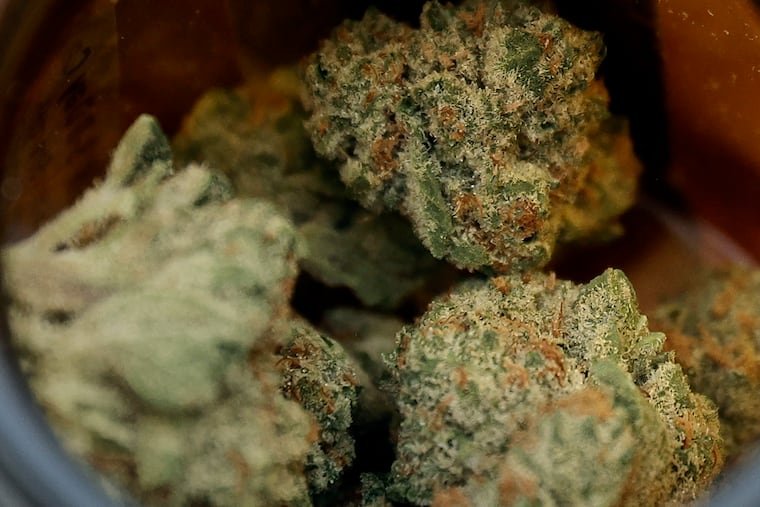Pennsylvania lawmakers have been attempting to legalize recreational marijuana for several years, but it appears that adult residents will not be able to buy cannabis without a medical card in the near future. Despite growing pressure, significant progress on legalization remains elusive.
Each year, bills to legalize marijuana for adults aged 21 and over are introduced in the Pennsylvania House and Senate. These proposals vary, with some suggesting regulation and taxation similar to neighboring New Jersey, while others propose selling cannabis through state-run liquor stores. However, these efforts have stalled, primarily due to opposition from Republicans, especially in the GOP-controlled Senate.
Since taking office in 2023, Governor Josh Shapiro has consistently included tax revenue from adult-use cannabis in state budgets, anticipating that lawmakers might eventually approve legalization. During his budget address in January, he emphasized the need for legalization as Pennsylvania faces a projected $4.5 billion budget shortfall. Estimates from his administration suggest that a legal marijuana industry could generate approximately $1.3 billion in tax revenue within its first five years.
The prospect of marijuana legalization in Pennsylvania for 2025 remains uncertain, similar to previous years. Even if lawmakers approve recreational marijuana this year, sales would likely not commence until at least 2026. Some Democratic lawmakers assert that there is widespread support for legalization within their party, but Republicans have signaled that they are not yet ready to take action.
In the coming months, two bills are expected to be introduced in both the Pennsylvania House and Senate. The Senate’s proposal aims to legalize recreational marijuana following models used in neighboring states, while the House bill plans to utilize the state’s existing network of liquor stores for cannabis sales.
Philadelphia State Representative Rick Krajewski and Pittsburgh State Representative Dan Frankel have revealed their plans to introduce a bill based on legalization models from other states. Their proposal includes a significant distinction regarding retail sales, which would be managed by Pennsylvania’s Fine Wine & Good Spirits stores. Krajewski noted that the bill would also allow for smaller retail operations to feature consumption areas similar to Amsterdam-style cafes.
Krajewski acknowledged that many Pennsylvanians feel frustrated with the state-run liquor store system, with more than half of voters opposing it. He argued that private retail markets in other states have often favored well-funded, multistate cannabis companies over small business owners.
In New York, many cannabis entrepreneurs have expressed their struggles, revealing they fell into a “debt trap” despite the state promoting affordable loans. Only 22 out of the 150 operators enrolled in New York’s Cannabis Social Equity Investment Fund have successfully opened dispensaries. High-interest loans have burdened many, especially as state financial support has begun to diminish.
Krajewski highlighted the challenges faced by smaller operators, stating, “It’s an extremely difficult market to compete in, particularly if you’ve been directly impacted by the War on Drugs.” He explained that many individuals are misled into believing they can easily succeed by opening dispensaries, only to find themselves trapped in cycles of debt or acquired by larger investors better equipped to handle the volatility of a newly legalized market.




